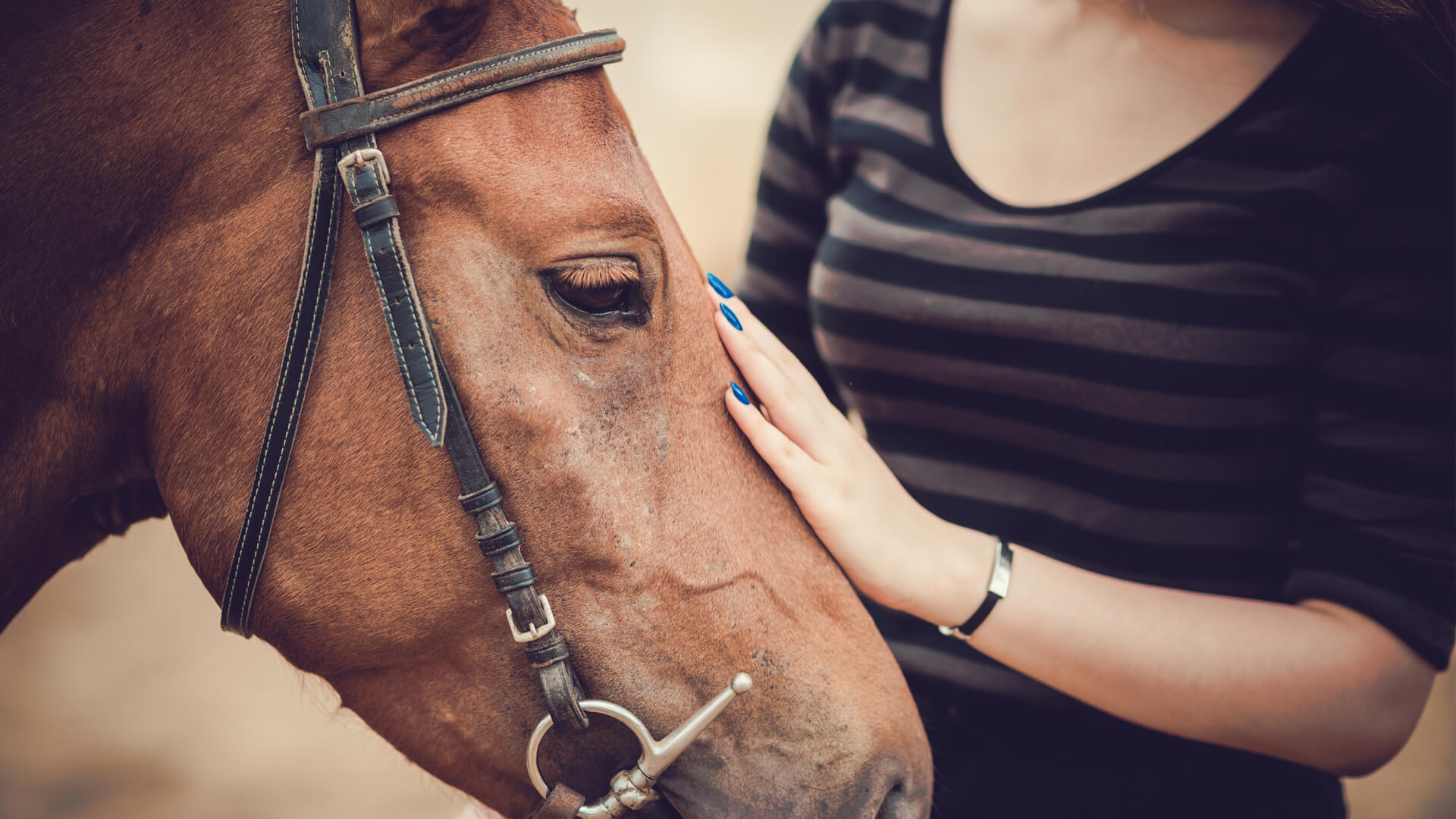Lily’s world was confusing. Adopted by her grandparents at age 3, she struggled for many years after being diagnosed with bipolar disorder. She fought taking her medication, or she just forgot to take it. She had issues in school; establishing healthy relationships and keeping up with her schoolwork and responsibilities was a lot on her plate, and she frequently fell short. It was not uncommon for her to be given detention, and even worse, sometimes expelled from school. Her grandparents struggled to help her succeed, but all the interventions they tried were ineffective.
Then, they discovered Equi-librium.
Equi-librium is a therapeutic horsemanship center located in Nazareth, PA. Nearly 100 participants visit the center weekly for their 45-minute session of “healing through horses.”
Why horses? Buck Brannaman, a leading practitioner of horse handling, explains it like this: “The horse is a mirror to your soul. Sometimes you might not like what you see. Sometimes you will.” Horses sense a person’s anxiety levels, and they react accordingly. If you are nervous when approaching a horse, the horse will sense that and be nervous and skittish under your lead. If you are calm, firm, and gentle, the horse will know it can relax and work in partnership with you. By studying horse behavior and by observing the reactions of a horse based on certain stimuli, individuals can learn a lot about their own reactions to situations around them.
According to the Professional Association of Therapeutic Horsemanship, the experiential approach in an “equine-assisted learning” setting integrates equine-human interaction into a planned learning experience to meet the identified goals or desires of the participant(s). Working with horses provides opportunities to teach critical life skills such as trust, respect, honesty, and communication.
Horses ask people to be aware of their surroundings at all times; through interactions with horses, participants learn a heightened sense of self-awareness. This is important in order to reveal patterns of behavior and gives participants the opportunity to think in a new way. Furthermore, participants gain self-esteem and self-confidence while learning how to work with such a large and powerful creature. Equi-librium’s on-staff certified Equine Specialist in Mental Health Learning works with a licensed therapist to offer a therapeutic partnership aimed at achieving the participant’s personal goals – with the horse acting as a co-therapist.
In all, horses provide us with a way to see our internal landscape and modes of operation exposed. They offer us the opportunity to experience humility, compassion and challenge – all critical elements to supporting self-growth and self-awareness. By offering a progressive and individualized approach to equine-assisted activities, Equi-librium provides participants opportunities to develop motor skills, to enjoy socialization and recreation and to achieve to their highest potential.
And achieve Lily did; within a short time she moved from a private session to a group session with two other girls her age. The group has bonded both at the center and in their private life, creating a social construct that has been nurtured and developed over time together “having fun and learning to ride.”
Lily makes the honor roll in school now; she keeps up with her medication schedule and is a happy, well-adjusted teen. Her grandparents cannot say enough about what horses, and Equi-librium, have done for her and their family.
Learn more at www.equi-librium.org






